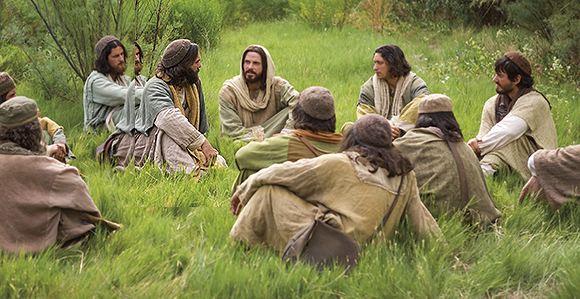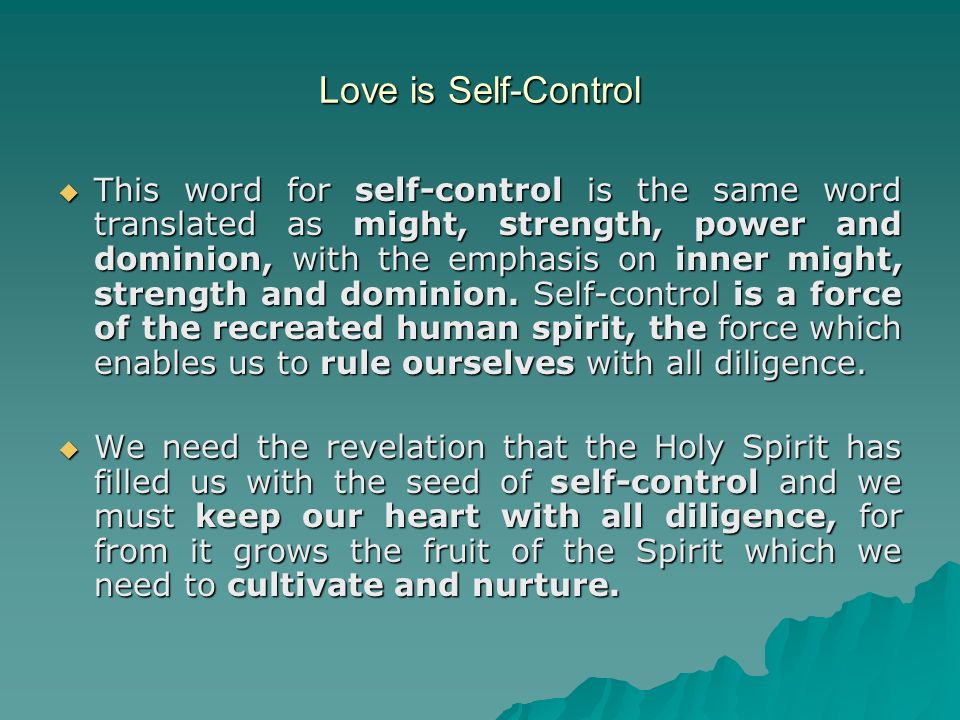The shepherds had enough light from that encounter to march back into their dark night rejoicing and praising God.
Reference: Luke 2:1-20
When we get the chance late at night, Matthias and I lie on our backs and watch the sky. Marvelous things happen there. High clouds float on a wind we can’t see but feel tugging at our hair. They disappear in wisps trailed by more clouds and we name them by shapes.
We play our favorite game on clear nights when the sky is dotted with stars. Matthias, a pensive fellow, says the sky is poked full of holes for the light of God to shine through. Matthias really loves God; he teaches me a lot. I’m glad I was assigned watch with him in these fields. Living out here can be lonely. Besides, he says things like that about holes in the sky.
We name the stars knowing God has already named them and sometimes we find shapes in those too. That particular night a shape we never expected appeared in the sky.
It was an angel.
I’m young but I’m not a madman. And there are more witnesses than Matthias and me. We all saw and heard. The stars paled in comparison to the light that shone around that angel. I believe the light of God really was shining then, not just through the star-holes. We were terrified. The sheep began to stir.
But the angel spoke to us and told us to not be afraid. I stepped closer to Matthias anyway; I couldn’t stop trembling.
“I bring you good news of great joy that will be for all people,” the angel said. Its voice had a strange tremble as well, but it was clear as a bell on that clear night. Have you ever heard an angel? No, of course you probably haven’t. Oh, it was…fearsome.
But wonderful.
Then the angel spoke a message describing the birth of a baby in the nearby town of Bethlehem. Born to us, the angel said. “Christ, the Lord.”
“The Messiah,” I thought, “the Messiah has come!” Matthias fell to his knees. I did likewise just because I didn’t want to let go of him.
The angel then told us where to find the baby. The fact that the Messiah was a baby born that very night was incredible enough, but he was lying in a manger. That was the end of the message. I was stunned. I had heard it all. There was no doubt I had heard it right. God had surely put it in my heart.
 Then, even as the angel finished speaking, suddenly the sky filled with them and they began to praise God saying, “Glory to God in the highest, and on earth peace to men on whom his favor rests.” The sound was just like that of the other angel, a trembling but clear voice and so loud I thought the sheep would bolt and run. Miraculously, they were now still.
Then, even as the angel finished speaking, suddenly the sky filled with them and they began to praise God saying, “Glory to God in the highest, and on earth peace to men on whom his favor rests.” The sound was just like that of the other angel, a trembling but clear voice and so loud I thought the sheep would bolt and run. Miraculously, they were now still.
We were mute in the angels’ presence and as they finished their chorus of praise they fled into heaven. Matthias and I slowly stood. He recited the Shema; I think out of habit. I believe he was as nervous as I was. We all slowly began to walk toward one another and then ran. We met in a circle and stopped. Josias began to speak but his voice broke.
He started laughing.
Oh yes, laughing. And so did we. How happy were our hearts! No one else can understand the beauty of it. But the lovely irony was not lost on Josias and we knew too. God had chosen we lowly shepherds to be the first to see his Messiah.
“We must go quickly. All of us, even the sheep,” Josias said. “When the Lord calls, we obey.” Everyone was solemn now but still full of joy. Of course we would obey.
The City of David was full of people since a census was in process, but we found our way to the stable. It was small and dark. I cannot imagine why such a place would be the birthplace for this child, but I wanted so much to see him I laid my questions aside.
The mother was young like me. They–Mary and Joseph–were kind and welcomed us. We told them our story and they somehow didn’t seem surprised at the angel’s appearing. They acted as if angels to them were commonplace. Mary nodded knowingly, pondering it.
She unwrapped the baby a little so we could see him. I don’t know what I was expecting; he was just a baby. Nevertheless, he–Jesus was his name–was the Christ. We all kneeled and worshiped him. I have to admit I felt like weeping. I didn’t. I’m the youngest and the men would have laughed at me.
We stayed there a little while and Mary and Joseph inquired about where we were from. I noticed Matthias kept looking at Jesus and at one point wiped a tear. I promised myself not to say anything.
Finally, we left to return to the fields. As we walked out of the city the only sounds were our feet shuffling along the streets and the occasional bleating of sheep. How can you begin to talk about the experiences? Angels lighting up the sky, news of the Messiah and then seeing him like that–so pure? You have to stretch your mind to make it all fit.
When we reached the edge of Bethlehem, Matthias stopped us, sheep and all, and said, “We cannot keep this to ourselves.”
We looked at him, begging with our eyes so he’d continue. “No,” he explained, “The angel said it was ‘good news of great joy for all people.’ In obedience to God, we will spread the news.”
Can you imagine our joyful laughter at that? We began clapping each other on the back and we started right there in Bethlehem. People were amazed at what we told them.
Eventually we returned to our field, but we couldn’t stop talking about it. We praised God for the child and the good news the angels delivered. As we settled into our humble grassy dwelling, we agreed that because of that child’s coming, worship would never be the same.
Excerpt from “Approachable Jesus” by Paula Geister, copyright 2008

 Milk’s best friend: Oreo cookies were introduced in 1912 and are the best-selling cookies in the United States.
Milk’s best friend: Oreo cookies were introduced in 1912 and are the best-selling cookies in the United States. home to the 18th century friars who made the original cheese.
home to the 18th century friars who made the original cheese.
 Spicing Things Up: When it comes to spice production, nobody can hold a candle to India. Around 75 percent of all the spices in the world are produced there and they out produce the next contender, Bangladesh, by tenfold.
Spicing Things Up: When it comes to spice production, nobody can hold a candle to India. Around 75 percent of all the spices in the world are produced there and they out produce the next contender, Bangladesh, by tenfold. takes three years to produce. Most of that time is invested in the fermentation process, which helps soften and break down the raw peppers without cooking them.
takes three years to produce. Most of that time is invested in the fermentation process, which helps soften and break down the raw peppers without cooking them.



 “Since you are my rock and my fortress, for the sake of your name, lead and guide me.” Psalm 31:3
“Since you are my rock and my fortress, for the sake of your name, lead and guide me.” Psalm 31:3







